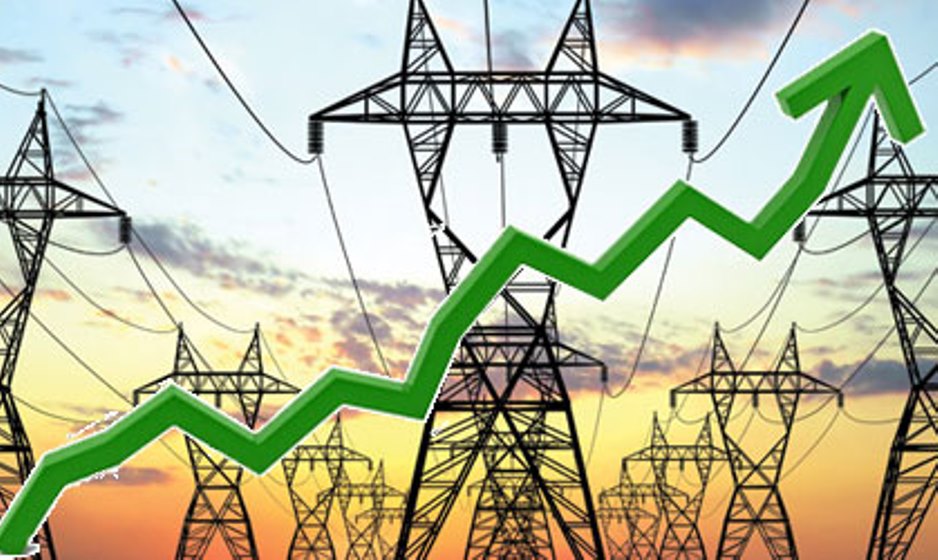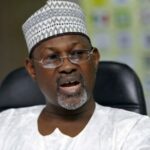The Rural Electrification Agency (REA) said it has signed a Memorandum of Understanding (MoU) with the National Fadama Development Project (NFDP) to collaborate on providing energy in Internally Displaced Persons (IDPs), migrants’ and farming communities.
In a statement, REA said the pact considers the agency’s recently-launched Energising Agricultural Programme (EAP) which is a three-year initiative with the Global Energy Alliance for People and Planet (GEAPP), with funding from the Rockefeller Foundation, for promoting mini-grid electricity in rural and agrarian communities.
The NFDP is an agriculture programme under the Federal Ministry of Agriculture and Rural Development with partnership by the World Bank to provide irrigation and boreholes in farm settlements.
REA intends to provide decentralised solar pumps and/or centralised solar mini-grids to viable FADAMA irrigation schemes. It will also provide Solar Home Systems (SHS) and Solar Street Lights (SSLs) for IDPs in viable communities; refugees, migrants, asylum seekers, stateless persons, and returnees while partnering with the National Commission for Refugees, Migrants and Internally Displaced Persons (NCFRMI).
Commenting, the Managing Director of REA, Ahmad Salihijo Ahmad, said: “The MoU will mutually benefit both the REA and FADAMA. Both parties are keen to unlock the economic potential in agrarian communities, through the provision of electricity solutions for agro-processing and irrigation schemes”.
Also speaking, the National Coordinator, FADAMA, Mr Abdurrahman Balarabe, said: ‘We wish to reaffirm our commitment both from the National and State FADAMA offices across the country to ensure the success of this partnership for the sustenance of the livelihood of Nigeria farmers, enhance food security, increase farmers’ income, as well as contribute to mitigating climate change due to GreenHouse Emission.”

 Join Daily Trust WhatsApp Community For Quick Access To News and Happenings Around You.
Join Daily Trust WhatsApp Community For Quick Access To News and Happenings Around You.


